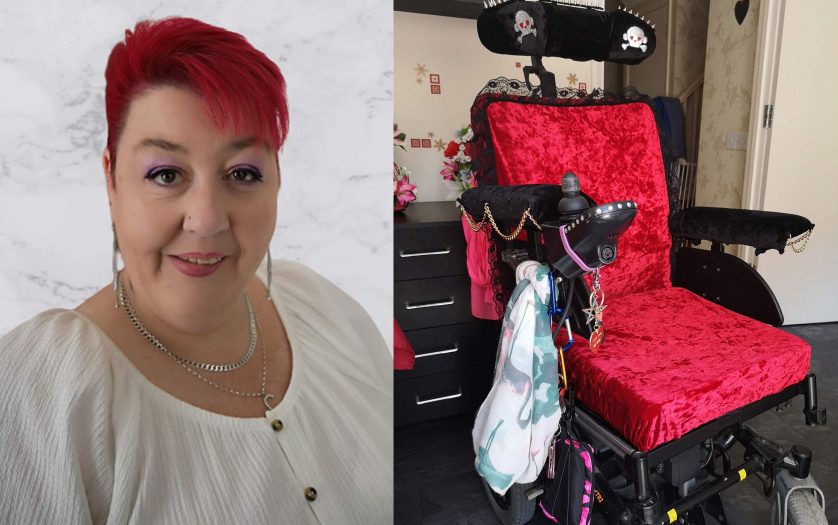A faulty wheelchair and 13-month battle for fixing accountability for £4000 loss

How a faulty battery and thirteen-month long legal battle highlighted the need for protecting the interests of people with disabilities while hiring wheelchairs or other assistive devices provided National Health Service (NHS), writes Caroline Bathurst.
I receive my electric wheelchair from my local NHS wheelchair service. The batteries of the wheelchair leaked and caused £4000 damage to my home.
I was dismayed but, logically, felt that I was entitled to compensation. But when I claimed my wheelchair service provider and their contracted repairers, I was shocked to find that the law didn’t protect me. I was not covered by any ‘consumer law’ as I had not ‘purchased’ my chair. Like many other disabled people, my electric wheelchair is on loan from the NHS wheelchair service.
Through my claim, it looked like I had hit a brick wall, so I contacted serval different solicitors to get advice as to whether I had a strong enough case to go to small claims court.
I was let down at every turn as no solicitor wanted to help me, the responses were all the same: “It would not be “financially beneficial” to me for them to give me advice” as their fee was too high.
I ended up having to fight my claim all alone. It took 13 months to get a resolution.
If laws had been in place, my claim may not have taken this long and accountability/liability may have been easier to determine.
Not all disabled people are willing or able to fight these kinds of cases by themselves, especially as this type of case can drag on for so long. It is exhausting and stressful, to say the least.
As all the solicitors I contacted refused blankly to help me, again if laws were in place, this would not have happened.
Therefore, I believe there is a need for the laws to be updated to include disability loan equipment under the consumer laws, to better protect people with disabilities as they use assistive equipment and devices. Clear accountability must be fixed for protection when these life-changing equipment/aids breakdown or go wrong.
My batteries, for whatever reason, were faulty. I know this because it was not just one set of batteries that leaked but the replacement batteries also leaked. Neither parties wanted to take responsibility.
This made my claim drag on and on. Where if there had been laws to protect me, my claim may have been settled much sooner.







